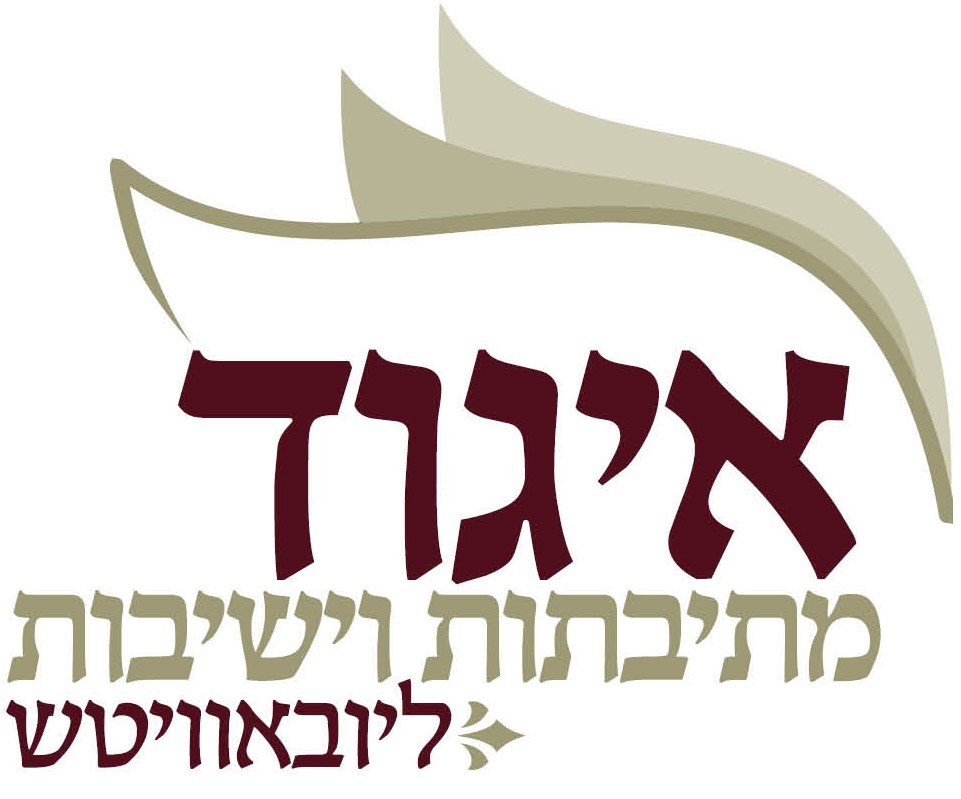“I’m sorry the I.V. hasn’t helped; your son will need a procedure to drain the infection.”
It was the second day that my three-year-old was in hospital because of an infection; the antibiotics hadn’t helped, and he now lay in his bed, his tiny arm all bandaged up.
“As he will be having a “procedure” tomorrow, he cannot eat from 7 this evening”, we are told.
7 a.m. he wakes up.
“Tatty, I’m hungry” he says innocently. Expecting the hearty breakfast, he gets every day.
But today is different, instead of food, a nurse stands over him, a blue mask covering her mouth, as she tries to insert his antibiotics, yet again.
Prick.
He screams.
“I’m Hungry!”
I try to distract him.
I have hidden all the food in the room, but he is only three, and unaccustomed to not eating whenever he is hungry.
The day goes on; the needles continue to be pricked into his small body, the I.V. continues dripping in the medication.
I so appreciate the doctors and the nurses. Yet, with each prick, it feels as if they are pricking a needle into my own heart.
Each time he cries out in hunger, it feels as if I myself am starving.
The pain of a parent watching their child’s pain is unbearable.
Yet, I can’t help think about our other children.
This was painful but minimal.
Boruch Hahsem it wasn’t anything worse. It was ‘merely’ an infection needing drainage. Relative to what some other children in his ward were going through, I had no right to even feel bad…
Still, the pain of watching your child in pain, crying out from each poke and prick, begging for the food you know is in his room, but cannot give it to him. Even that relatively small pain is unbearable. And I cannot imagine what the other parents in the ward must be feeling.
And again my thoughts shift to our other children.
The Tzemach Tzedek explains (based on the Zohar), that every זרע has a Neshoma, when that Neshoma is brought down in a forbidden manner, this חלק אלוקה ממעל ממש, which seconds ago was being נהנה מזיו השכינה, now needs to join the family of Klipa until the end of time (or until we do Teshuva).
Imagine its pain.
Imagine, this past Yud Shevat that Neshoma could have been in the Heichal of the Rabbeim hearing new Chassidus, but instead it had to ‘hang around’ with the forces of evil, hearing them laugh at how they got so-and-so to do such-and-such today.
The pain that Neshoma—your offspring, must feel.
And why?
Because someone did something they have possibly long since forgotten.
I’m watching such a relatively minimal pain of my child, and it brings into sharp focus the pain of our other offspring.
Halocha gives us tips on how to help ourselves in this regard. And whilst we aren’t held responsible for an אונס, we must still be vigilant in taking care that we do what we can not to bring on any mistakes.
In the merit of the health of חיים בן חי’ שרה, let us be extra vigilant the next two weeks to follow Halocha in how we lay in our bed (only on our side). What we think about, what we see and what we do, as explained in the pertinent Simonim in Shulchan Oruch. Anything that will calm down the heat in our body, which even by mistake can cause such long-term pain to another.
